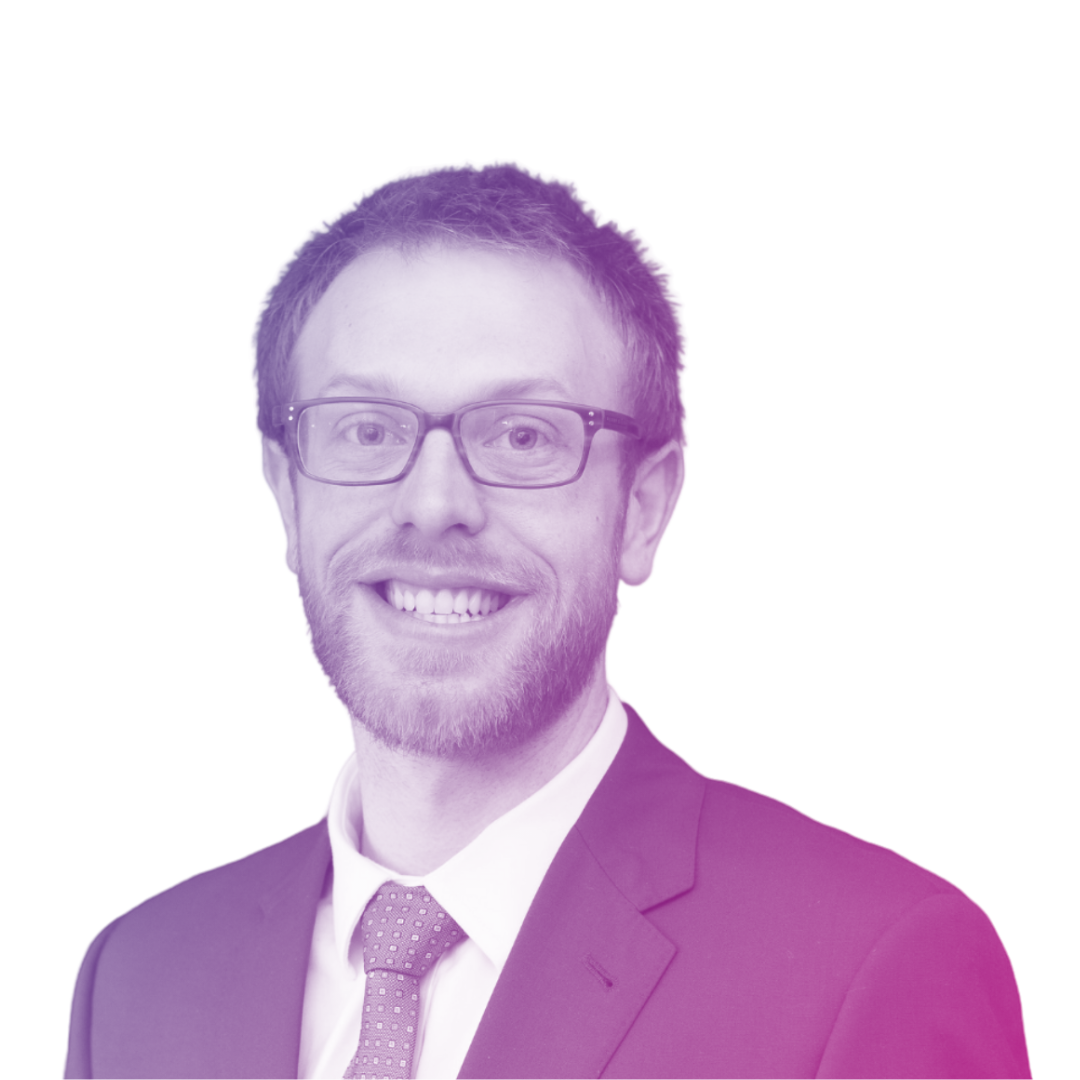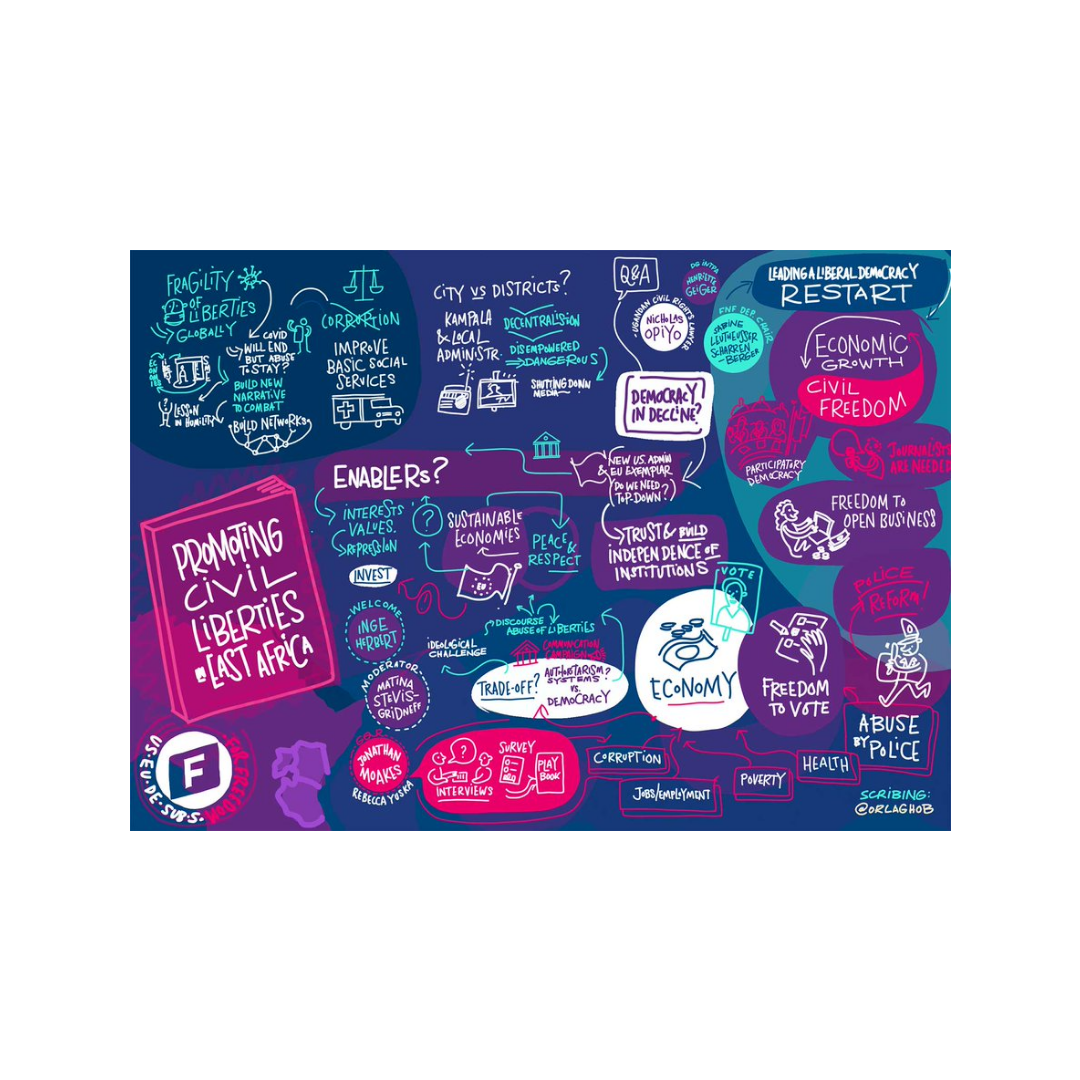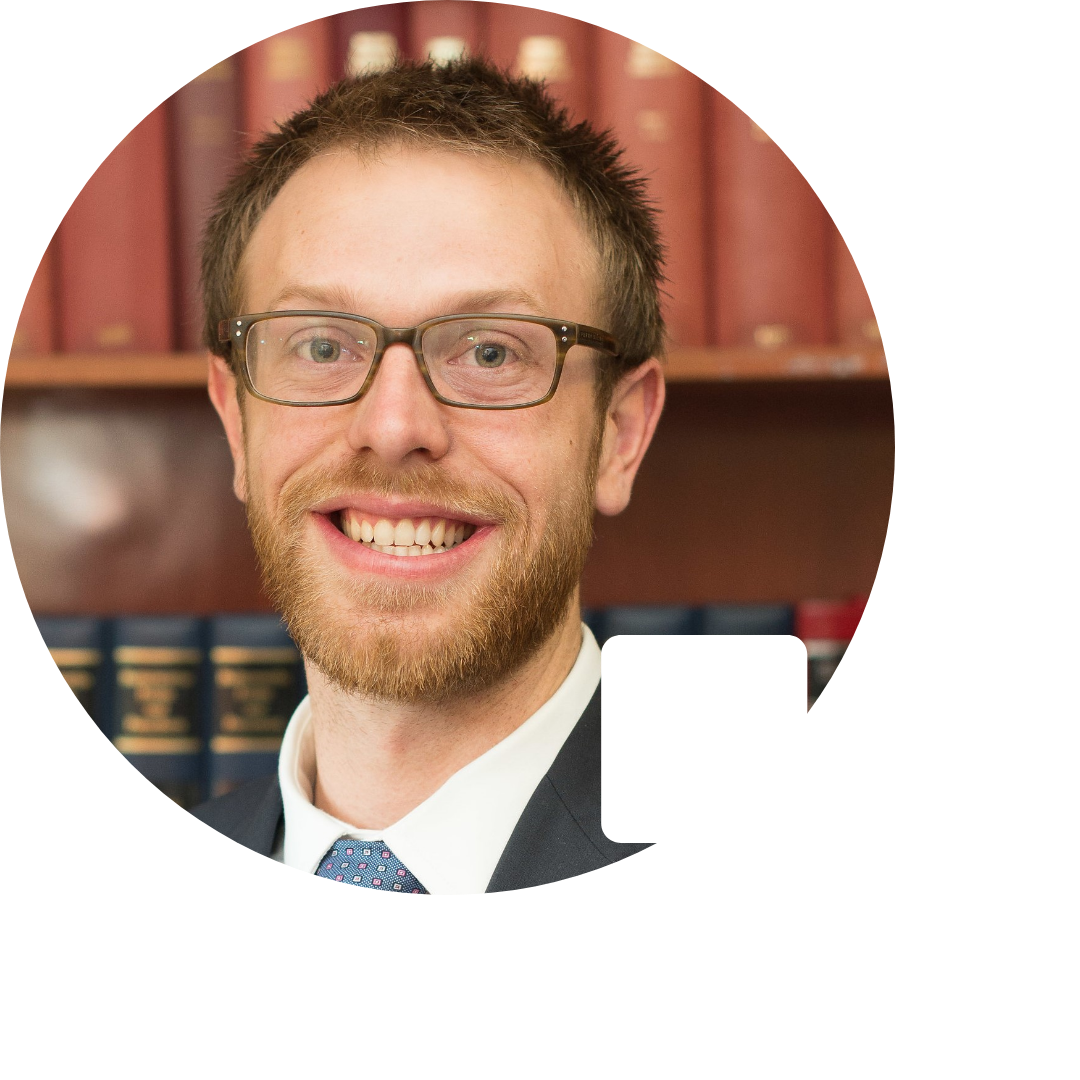
ZIMBABWE
Douglas Coltart
Douglas Coltart is a Zimbabwean lawyer, activist and peacebuilder. He is a partner at Mtetwa & Nyambirai Legal Practitioners and a member of Zimbabwe Lawyers for Human Rights. He is the co-author of a book on constitutional law and has published widely on human rights and public interest litigation. He believes in the power of ordinary people to create peaceful and just societies through strategic nonviolent collective actions.
VITA
Douglas Coltart is a Zimbabwean lawyer, activist and peacebuilder. He is a partner at Mtetwa & Nyambirai Legal Practitioners and a member of Zimbabwe Lawyers for Human Rights. He is the co-author of a book on constitutional law and has published widely on human rights and public interest litigation. He believes in the power of ordinary people to create peaceful and just societies through strategic nonviolent collective actions.
You work as a lawyer since many years, especially in the field of human rights. Which legal topic fascinates you?
A legal topic that is fascinating for me is the issue of business and human rights. Zimbabwe's constitution provides for what we call the "horizontal application" of the Declaration of Rights, i.e. the idea that it is not just the state, but also private persons, including businesses, who have a duty to uphold human rights. This means that Zimbabwe could become a jurisdiction, which is at the cutting-edge of global jurisprudence on the issue of business and human rights. In a globalized world where some multi-national companies hold enormous power, it is such an important area of law.
Why did you decide to become a lawyer?
My decision to become a lawyer was deeply rooted in my faith and in my experiences as a child growing up in Bulawayo. Before I was born, my father - also a lawyer - was involved in uncovering the Gukurahundi massacres in the 1980s and represented many of those who were persecuted during that time. As I was growing up, I met many people who lost their loved ones during that period, and then as a child in the early 2000s, I witnessed terrible human rights abuses, including against my family and me. I wanted to play a role in righting the wrongs in my society.

As a human rights lawyer what main activities do you undertake?
I represent people who are arrested and prosecuted simply for exercising their rights, such as journalists, trade unionists, students, etc. In many of these cases, the criminal law is used as a political weapon against the ordinary Zimbabwean citizens who are raising legitimate questions, dreaming of a better future for our nation, or simply asking for a living wage. I also represent people who are suing for the protection of their rights or the rights of others - whether that is suing the state for compensation, when someone has been tortured or killed, or seeking to have unconstitutional laws struck down, or suing private companies that are violating people's rights. I also seek to educate citizens on their rights provided in the Constitution through seminars.
Could you tell us about any specific case where you protected victims of human rights violations via providing legal aid?
During January 2019, a stay-away was called by the Zimbabwe Congress of Trade Unions. In this context, I received a call that a client (a trade unionist) had been arrested in Goromonzi - a rural area in the east of Harare - by masked unidentified armed men. At that time, several people had been disappeared or killed by suspected state agents operating outside the parameters of normal law enforcement. I feared the worst. As nightfall approached, I rushed to the Goromonzi police station only to find out whether my client was there. After some intense conversations, a senior police officer made a call and my client was eventually brought to the station. He client later told me that unidentified armed men had been driving in the opposite direction until they received the call and then turned back towards the station. He was convinced that if I had not intervened, he would have been killed. In that night, as I was also in the police station, a truck of soldiers and masked men arrived at the police station apparently in an attempt to get my client back into their custody. There were two more attempts later that night and the following night to abduct him from the police custody, which were thwarted by the police. I represented him and two others in the subsequent prosecution on trumped up charges. They were eventually acquitted.

“I am convinced that human rights are not primarily won in the courts.”
How is human rights activism within the legal profession in your country?
There is a strong culture of human rights activism among a certain segment of the legal profession. This has been spearheaded by organizations like Zimbabwe Lawyers for Human Rights, the Zimbabwe Human Rights NGO Forum, the Young Lawyers Association of Zimbabwe (YLAZ) and other organizations. The Law Society of Zimbabwe has, over the years, also stood up for the rule of law although it has come under intense pressure from the state, which is seeking to strip it of its regulatory powers. In recent years, there have been successful lawyers' protests against police brutality, interference in the independence of the judiciary, and the breakdown of the rule of law.
In your opinion, what poses threats to the implementation of the rule of law in Zimbabwe? Have you ever personally faced any problems?
Lawyers face a myriad of challenges upholding the rule of law. The persistent attacks on the independence of the judiciary and the independence of the legal profession pose a serious threat to the rule of law and the functionality of the legal system as a whole. We are faced with the threat of arrest and prosecution for doing our work. This type of work takes a huge toll. When I handle certain cases, the state often fails to distinguish between myself as the lawyer and my client. To them, we are one in the same. Simply for doing my job, I have been arrested three times, assaulted by the police twice, and prosecuted twice in a trial. Thankfully, in both trials, I was eventually acquitted and I am currently suing the state for compensation for the wrongful arrest, malicious prosecution, and assault.
How do you picture your impending involvement in promoting human rights in Zimbabwe?
I hope to be able to continue playing my small part in promoting and defending human rights. The role that I play as a lawyer is merely a supporting role, e.g. providing legal support to those who are truly on the forefront of fighting for human rights, such as activists, the trade unionists, students, journalists and ordinary citizens taking action for change. Those are the people who inspire me, because I am convinced that human rights are not primarily won in the courts. Rights can be protected in the courts once they have been won. They are won on the streets through the hard work of community organizing, activism, nonviolent struggle, and democratic contestation. So, I will continue to support those who are on the frontlines of the struggle for human rights.
Zimbabwe
